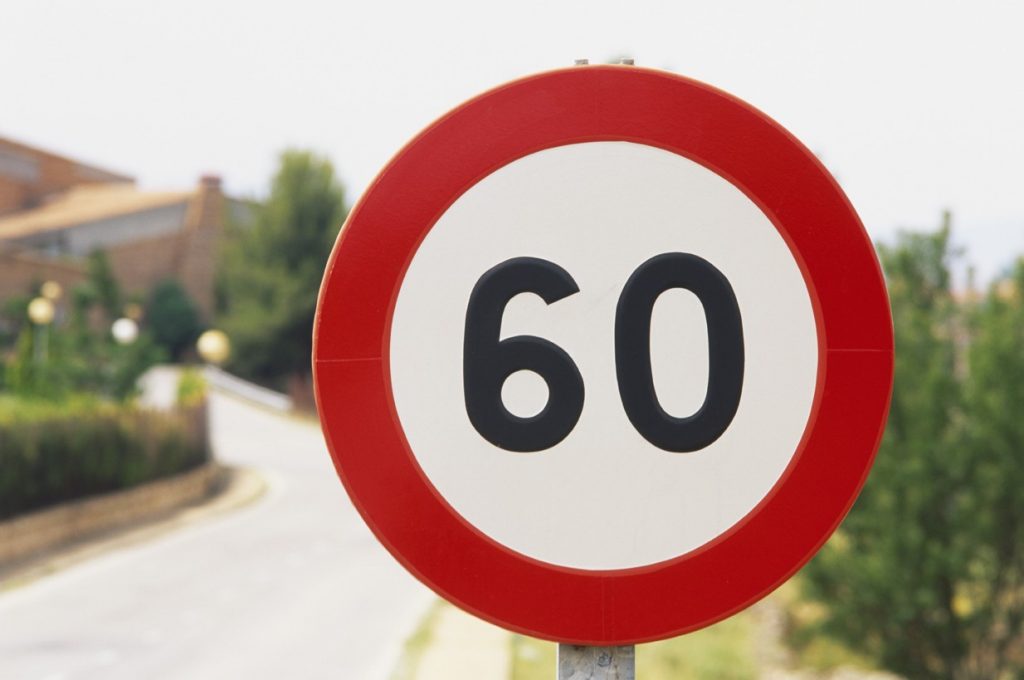The European Centre for Disease Prevention and Control (ECDC) and the European Union Aviation Safety Agency (EASA) are no longer recommending the mandatory use of face masks on plans and at airports to its member states.
In the latest update to the protocol, both agencies highlight the decision as a “first step” to relax the measures imposed as a result of the Covid-19 pandemic.
The obligation to wear a mask coming to an end on May 16.
In April 2022, Spain updated its rules, meaning non-EU nationals can now enter using a recovery certificate, as well as a vaccination certificate.
As such, all passengers arriving by air (except those in international transit and children under 12), regardless of the country of origin, must have one of the following two documents:
– An EU Digital Covid Certificate (or equivalent certificate recognized by the EU). This can be in the form of a vaccination certificate, negative test certificate or recovery certificate. You can check if your certificate is valid on the Spain Travel Health website or SpTH app. A full list of the third (non-EU) countries whose certificates are recognized by the EU as equivalent to the EU Digital Covid Certificate is available here.
– A Spain Travel Health QR code. Anyone who does not have an EU Digital Covid Certificate (or equivalent certificate recognized by the EU) must enter the details of their vaccination, recovery or diagnostic test certificate via the Spain Travel Health website or SpTH app in order to generate a SpTH QR code.
One of those categories is “persons with a recovery or vaccination certificate”. A negative test certificate is not accepted, except for children between 12 and 18. Children under 12 do not need to provide a certificate of any kind.
In other words, non-EU nationals entering Spain will generally either have to show proof of vaccination or recovery.
A negative test certificate is acceptable for the following groups: EU residents; long-term visa holders; health professionals; transport, marine and aeronautical personnel traveling as part of their work; diplomatic and military personnel traveling as part of their duties; students traveling for study; highly qualified workers, including participants in high-level sports events taking place in Spain; duly accredited imperative family reasons; reasons of force majeure.
Residents of the following countries can also provide a negative test certificate: Bahrain, Chile, Colombia, Indonesia, Kuwait, New Zealand, Peru, Qatar, Rwanda, Saudi Arabia, South Korea, United Arab Emirates, Uruguay, China, Hong Kong, Macao and Taiwan.
Vaccines must be authorized by the European Medicines Agency or World Health Organization. Certificates with vaccines not authorized by these agencies are also acceptable, but the last dose administered must be of one of the authorized vaccines.
Vaccination certificates must show that no more than 270 days have passed since the administration of the last dose. After that, certificates must show the administration of a booster dose.
Where a negative diagnostic test result is used, it must be performed within 24 hours of departure in the case of rapid antigen tests (RATs), or 72 hours of departure for PCRs.











